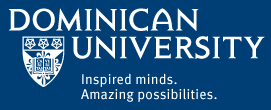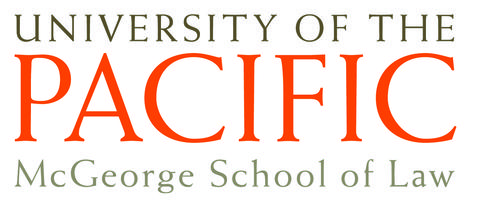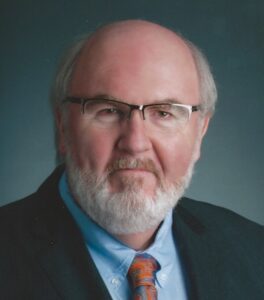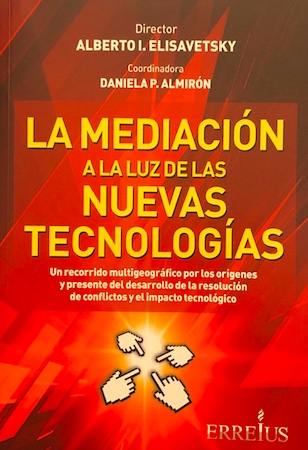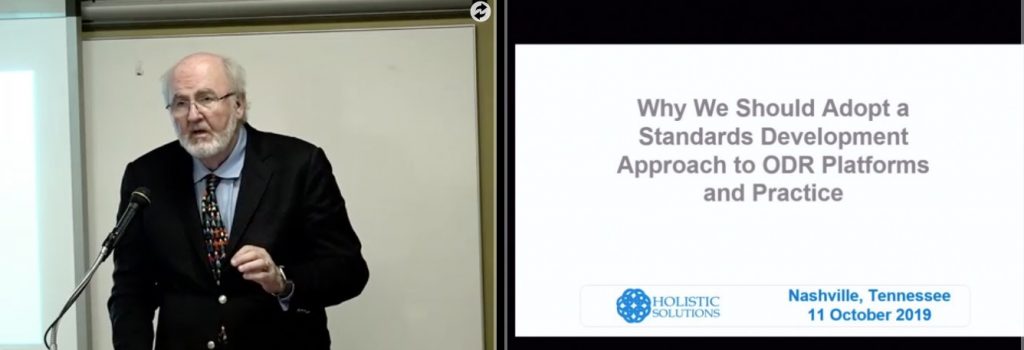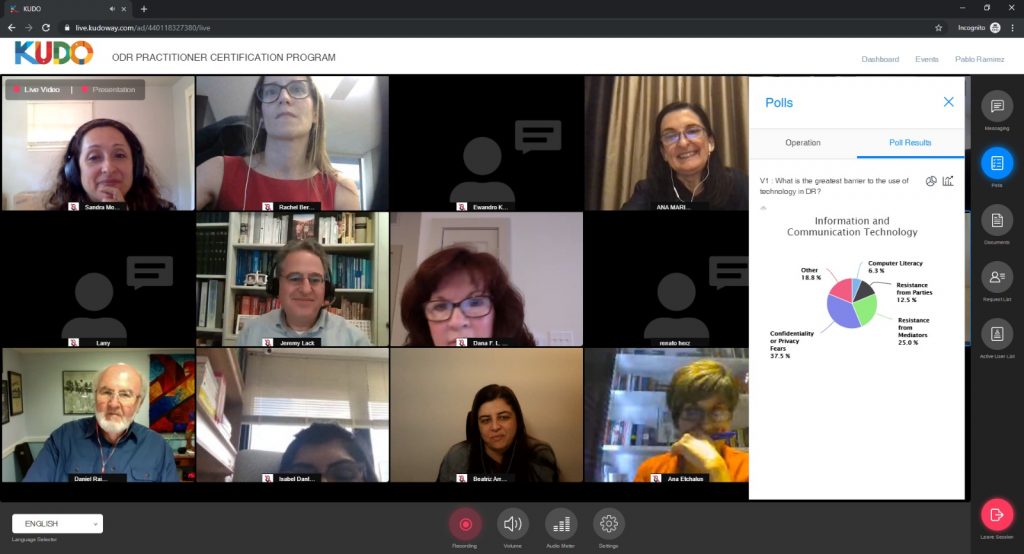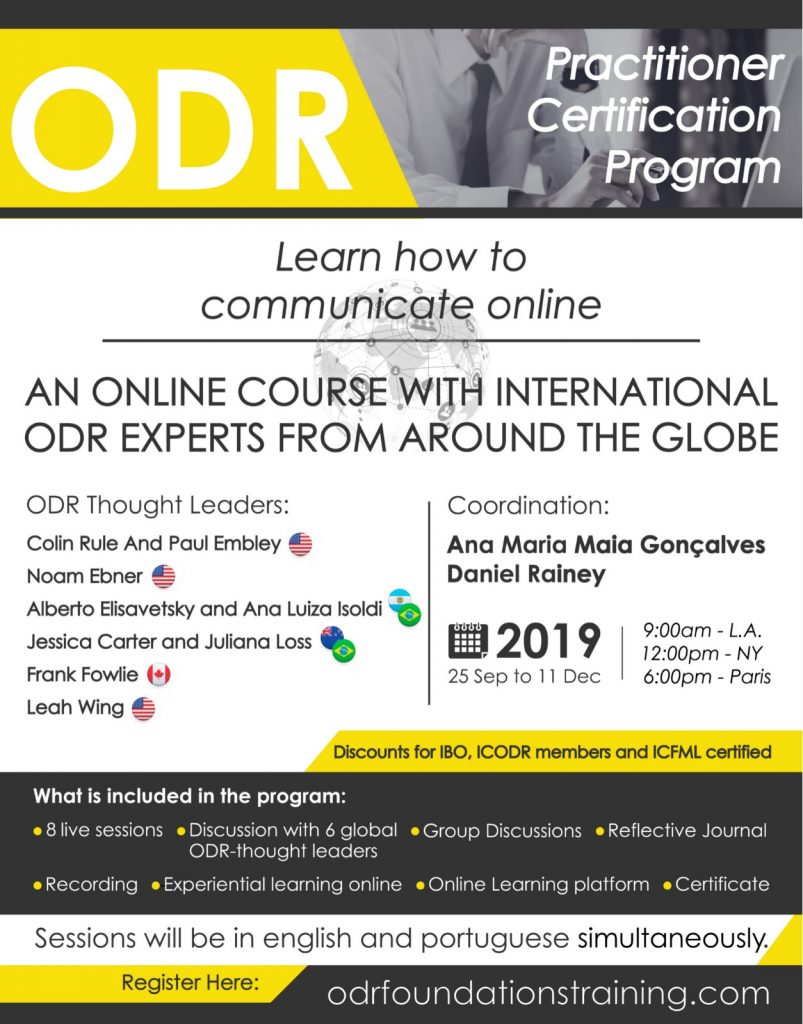The following note will probably appear soon on the Mediate.com home page.
As
Alberto Elisavetsky and Maria Victoria Marun noted in a November 4, 2019,
posting in Mediate.com, on August 6, 2019, the Singapore Convention on
Mediation was announced. The Singapore Convention
parallels the New York Convention for Arbitration by legitimizing mediation as
a dispute resolution method for international commercial transactions.
Alberto
and Maria Victoria make the argument that there is a need for interdisciplinary
training and practice for mediators who work in international venues – a
sentiment I heartily endorse. And , the
Singapore Convention , on its surface, seems to address the twin barriers to
the use of mediation in international agreements: uncertainty about the process, and
enforceability. But we shouldn’t get too
carried away with assumptions about how revolutionary the Convention will be
just yet.
There
are problems with the Convention’s approach to uncertainty and enforceability.
The
text of the Convention addresses both issues in Article 5, addressing the
enforceability of mediation settlements by referring to the application of
“mediation standards.” The immediate
problem is that the Convention does not define any standards.
The
lack of standards for mediation across cultures and national borders has led to
a kaleidoscopic landscape of mediation styles and norms, which in turn creates
the uncertainty mentioned above. Unlike legal or arbitral proceedings,
mediation practice can vary greatly based on nationality, legal setting,
culture, or mediator preference. As
Manon Schonewille and Jeremy Lack argue:
It is difficult to extract any clear standards of processes
for mediation when two parties come from different jurisdictions, especially
when the expectations, styles and approaches to mediation vary greatly from
country to country.[1]
Both
expectation and enforcement rely on these undefined standards. The Convention addresses enforceability by
declaring that mediation agreements can be set aside by judges in the event
that
.
. . there
was a serious breach by the mediator of standards applicable to the mediator or
the mediation without which breach that party would not have entered into the
settlement agreement.[2]
So, we
would look for a serious breach of mediator standards as a reason for setting
aside a mediation settlement, but the question remains, “a serious breach of
what standards?”
It is
possible that guidance from sources outside the Convention can be helpful, but
again we should not get our hopes up prematurely.
For
example, the UN rules on conciliation are not helpful. The rules state that:
The conciliator may
conduct the conciliation proceedings in such a manner as he [or, we would hope,
she] considers appropriate . . . .[3]
Further guidance from the UN rules
states that:
The conciliator will
be guided by principles of objectivity, fairness and justice, giving
consideration to, among other things, the rights and obligations of the
parties, the usages of the trade concerned and the circumstances surrounding
the dispute, including any previous business practices between the parties.[4]
Objectivity,
fairness, and justice are all concepts that can be interpreted radically
differently depending upon the cultural and legal venue from which one views
them.
So, is
the Singapore Convention useless? Of
course not, but it is flawed. Ana,
Francois, and I have begun work on a proposal to produce an addendum to the
Convention that would begin to address both process expectations and
enforceability.
As they
say, “watch this space.”
[1] Mediation in the European Union and Abroad: 60 States
Divided by a Common Word? Chapter 2 by Manon Schonewille1 and Jeremy Lack in: The Variegated Landscape of
Mediation. A Comparative Study of
Mediation Regulation and Practices in Europe and the World, Manon Schonewille
and Dr Fred Schonewille (eds.), 2014 The Hague: Eleven International
Publishing.
[2] United Nations Convention on
International Settlement Agreements Resulting from Mediation, Article 5 (e).
[3] UNCITRAL Conciliation Rules, Article 7 (3).
[4] UNCITRAL Conciliation Rules, Article 7 (2).
